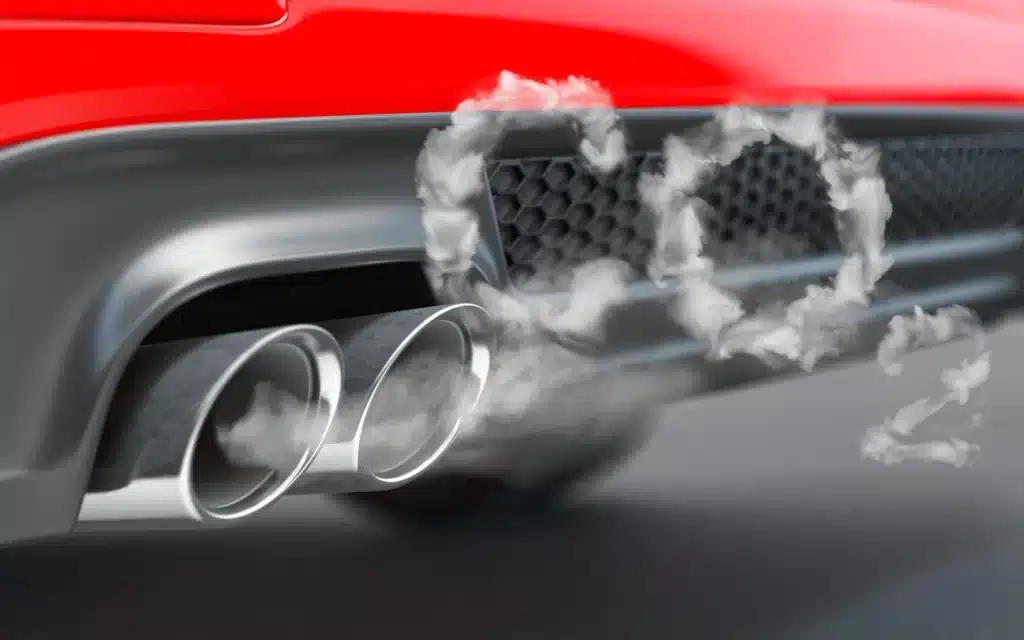On Tuesday, March 28th, the EU Council passed a regulation for a new car and van CO2 emission standards. It’s part of the “2035 No Combustion” initiative, which sets phased emission reduction targets. New vehicles will have a 55% CO2 reduction by 2034. From 2035, new cars and vans will achieve 100% zero emissions. As a result, new petrol cars won’t be sold in 27 EU countries from 2035 onwards.
“The new rules(EU Emission Reduction) will open up opportunities for cutting-edge technologies and create incentives for industry to invest in a future without fossil fuels,” said Dutch MP Jan Huitema, the EU parliament’s rapporteur for the regulation. Huitema also believes that the new rules will encourage manufacturers to innovate and invest in alternative energy sources.
EU Climate Commissioner Frans Timmermans praised the vote, saying the bloc had “taken an important step towards zero-emission mobility.” He tweeted: “The regulation sets the direction: new cars and vans must be emission-free by 2035. It will make a major contribution to climate neutrality in 2050. It is a key part of the European Green Deal.”
However, Poland was the only country to vote against the regulation, while Bulgaria, Italy, and Romania abstained.
Germany’s opposition delayed the agreement, with the European Parliament in Strasbourg voting 340 in favor, 279 against, and 21 abstentions. Since Germany is a major automaker, the European Commission was asked to approve a non-binding clause on synthetic fuels. In exchange for support, Germany received a concession allowing the registration of cars using synthetic fuels after 2035. The European Commission granted the concession. It is to propose an enabling bill to regulate how synthetic fuel vehicles would count towards the vehicle CO2 target.
The European Commission did not comply with Italy’s request to include biofuels because it does not consider them carbon-neutral. Italy made a request regarding biofuels, which are fuels made from biomass, edible oils, or animal fats, among other things. Italian Environment Minister Gilberto Pichetto Fratin criticized the European Commission’s statement on synthetic fuels, saying it represented an overly narrow interpretation that did not allow for the full implementation of the principle of technological neutrality that Italy has been striving for. He said the country would continue to fight for the inclusion of biofuels.
Furthermore, the rapporteur for the regulation(EU Emission Reduction), Huitma, expressed his intention to carefully assess any possible future proposals on synthetic fuels, both for a content and legal basis. In contrast, Green MP Philippe Lamberts praised the agreement as a “good day for the future of European industrial competitiveness” but did criticize Germany’s last-minute interference in the legislative process.
Read More: Redmi K60 will have plain leather and carbon fiber variants.
While the 2035 zero-emission target in the new regulations has been praised by many, others doubt its feasibility. Critics argue that electric and hydrogen-powered vehicles are still in their early stages and that not everyone in the EU can afford them. Furthermore, some areas still have limited availability of charging and refueling infrastructure. Supporters of the regulation argue that combating climate change requires a transition to electric and hydrogen-powered vehicles. New technology will lead to more accessible options. The regulation includes exemptions for sports car brands, ensuring the competitiveness of the EU automotive industry. Success will depend on the EU and member states’ investment in infrastructure and technology development. However, some critics argue that electric and hydrogen-powered vehicles are expensive and not yet widely accessible. Furthermore, some areas still need more availability of charging and refueling infrastructure. Ultimately, the feasibility of the 2035 zero-emission target remains uncertain.
However, supporters of the new regulations believe that they will stimulate innovation in the automotive industry and lead to the development of more affordable and accessible zero-emission vehicles. They argue that the long-term benefits of reduced carbon emissions and a healthier environment outweigh the short-term challenges.

